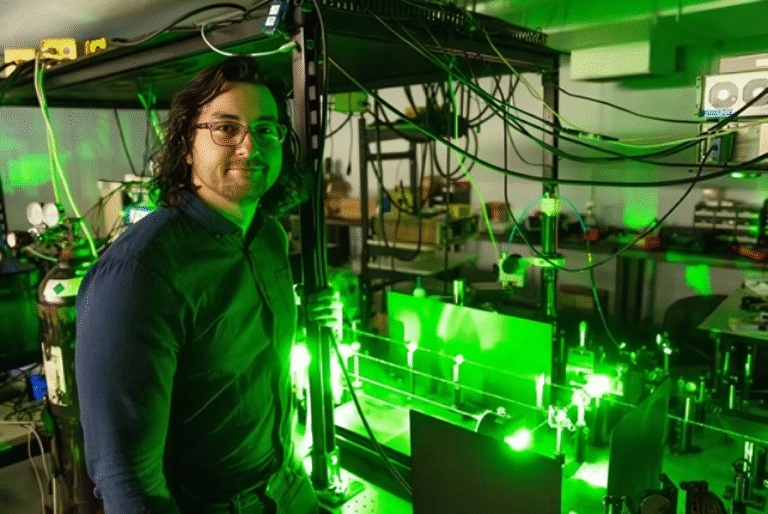Clarkson University researchers have unveiled a groundbreaking tool designed to address one of modern computing’s biggest challenges — overheating in microprocessors. The software, Thermal Analysis of Semiconductor Chips (TASChips), provides real-time, high-performance thermal simulations to optimize chip performance, energy efficiency, and durability.

Tackling the Heat Challenge in Computing
From smartphones and gaming consoles to advanced AI systems and massive data centers, today’s microprocessors generate immense heat. Excessive temperatures not only degrade performance but also shorten hardware lifespan and increase energy consumption. Clarkson’s TASChips aims to change that by allowing engineers to accurately pinpoint hotspots inside chips before failures occur.
Features and Capabilities of TASChips
Unlike traditional thermal tools, TASChips can simulate the most complex processors in real time. It empowers engineers to design cooling strategies that scale with rising demands in artificial intelligence, high-performance computing (HPC), and sustainable technology. The open-source release on GitHub will include documentation, case studies, and resources for researchers, educators, and students worldwide.
Academic Leadership and Funding
The project is spearheaded by Associate Professor Yu Liu and Professor Ming-Cheng Cheng from Clarkson’s Department of Electrical and Computer Engineering. It is backed by a $597,316 grant from the National Science Foundation (NSF), ensuring strong academic and industrial relevance.

Broader Impact and Collaborations
Beyond its technical applications, TASChips integrates with STEM education programs, undergraduate research, and cross-institution collaborations. Clarkson is working with Syracuse University, Clemson University, University of Minnesota Morris, and Portugal’s CISTER Research Centre to expand participation in sustainable computing and thermal management innovations.
Strategic Significance
As AI and HPC workloads continue to surge globally, thermal management is becoming a critical factor in system scalability. Clarkson’s TASChips not only supports innovation in chip design but also contributes to the industry’s push toward energy-efficient and sustainable computing infrastructures.


